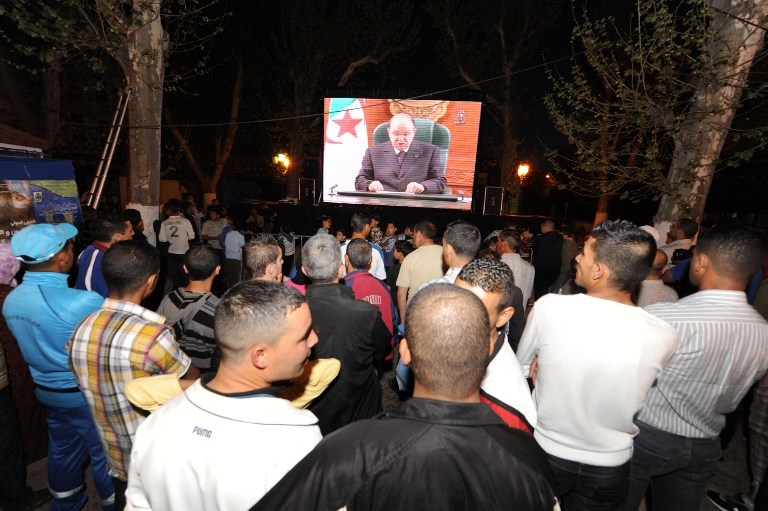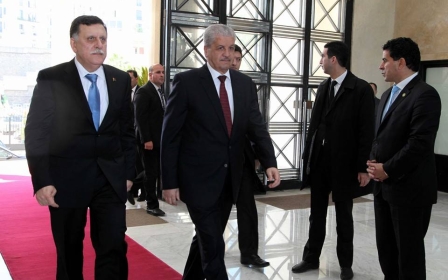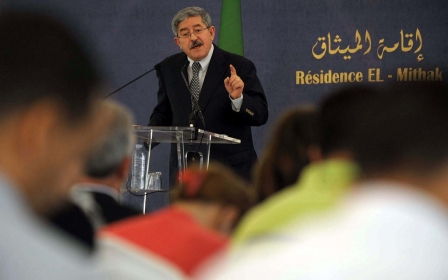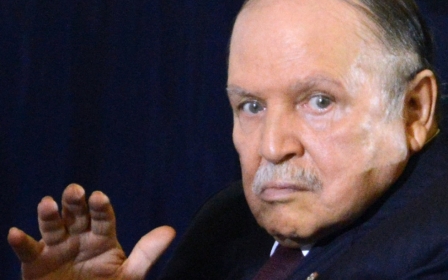Algerian parliament adopts constitutional reforms

Algeria's parliament adopted a package of constitutional reforms on Sunday that authorities say will strengthen democracy, but opponents doubt it will bring real change.
The reforms are meant to address longstanding public grievances in the country, and possibly to prepare for a smooth transition amid concerns over the health of 78-year-old President Abdelaziz Bouteflika.
The president and his inner circle have held a firm grip on power since 1999 and, as the end of his rule appears to close in, there are fears of instability in the mainly Muslim country of 40 million, a key energy producer.
The package was passed by 499 votes to two, with 16 abstentions, Senate speaker Abdelkader Bensalah said.
A two-term limit on the presidency - lifted in 2008 to allow Bouteflika to run for a third time - will be reintroduced and the president will be required to nominate a prime minister from the largest party in parliament.
The reforms also foresee the creation of an independent electoral commission and recognition of the roles of women and youth. Freedoms of assembly and the press will be explicitly guaranteed.
The Amazigh language spoken by the indigenous Berber population will also be recognised as official, alongside Arabic.
"This project crowns the process of political reforms promised by the head of state," Prime Minister Abdelmalek Sellal told parliamentarians.
The reforms guaranteed "democratic change by means of free elections" and were "a bulwark against the vagaries of political change," he said, referring to parts of the constitution that cannot be altered if Islamists form a majority.
Critics disagree, saying the reforms are little more than a show and will do little to reduce the influence of the powerful elite, including Bouteflika's National Liberation Front (FLN) party and army generals.
Unlike many countries in the region, including its neighbours Libya and Tunisia, Algeria has been relatively stable since the 2011 Arab Spring.
But it is facing a range of challenges, including regular militant attacks, sporadic outbreaks of violence between Berbers and Arabs, and a precipitous drop in state revenues as oil prices have plummeted.
Stay informed with MEE's newsletters
Sign up to get the latest alerts, insights and analysis, starting with Turkey Unpacked
Middle East Eye delivers independent and unrivalled coverage and analysis of the Middle East, North Africa and beyond. To learn more about republishing this content and the associated fees, please fill out this form. More about MEE can be found here.




